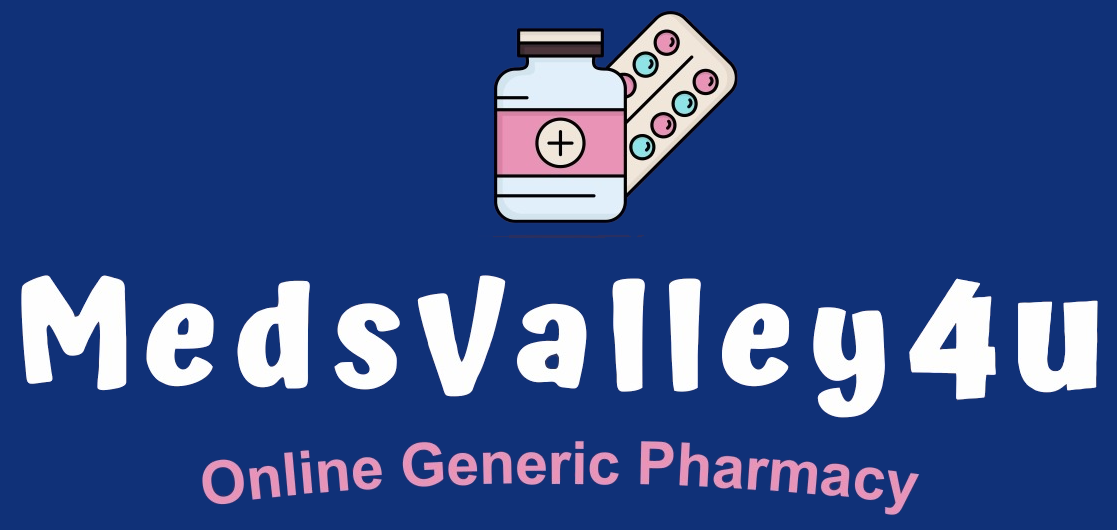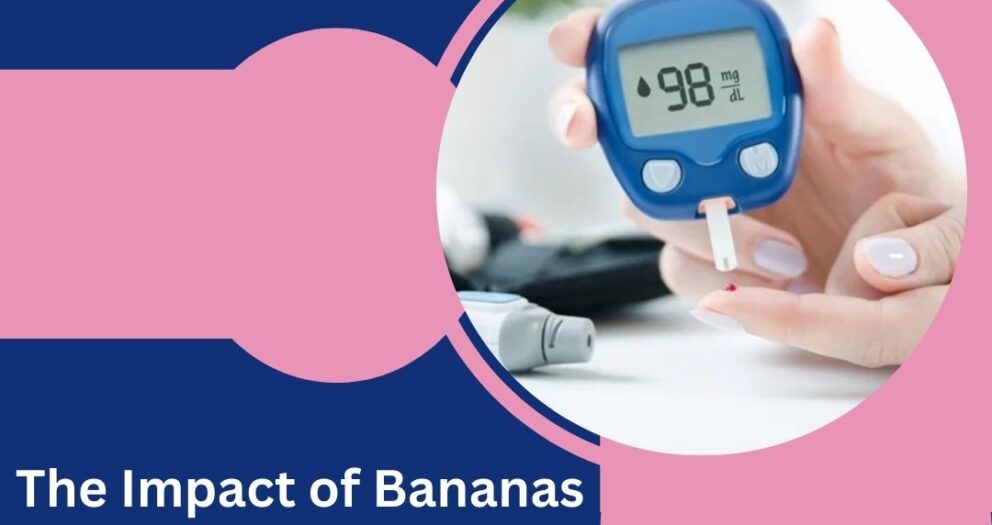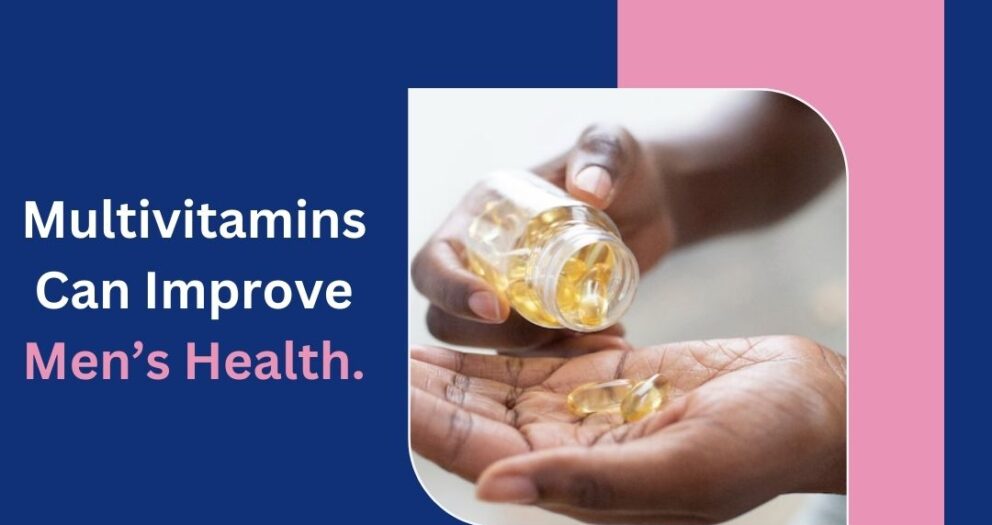The Impact of Bananas on Diabetes and Blood Sugar Levels
The Impact of Bananas on Diabetes and Blood Sugar Levels
Bananas, like many fruits, are often discussed in the context of diabetes and blood sugar management. They are a nutrient-dense food, but because they contain natural sugars and carbohydrates, their impact on blood sugar levels is a common concern for people with diabetes. Here’s a detailed explanation of how bananas affect diabetes and blood sugar levels:
1. Nutritional Profile of Bananas
- Carbohydrate Content: A medium-sized banana contains approximately 22–27 grams of carbohydrates. Carbohydrates are the macronutrient that has the most significant effect on blood sugar levels, as they are broken down into glucose during digestion.
- Sugars: Bananas contain natural sugars, mainly fructose and glucose. The glycemic index (GI) of bananas ranges from 42 to 62, depending on their ripeness. Unripe (green) bananas have a lower GI, while ripe (yellow) bananas have a higher GI.
- Fiber: Bananas are a good source of dietary fiber, providing about 3 grams per medium banana. Fiber helps slow the absorption of sugars, which can help prevent rapid spikes in blood sugar levels.
- Vitamins and Minerals: Bananas are rich in vitamins, such as vitamin B6 and vitamin C, and minerals like potassium, which are important for overall health.
2. Glycemic Index and Glycemic Load
- Glycemic Index (GI): The GI measures how quickly a food raises blood sugar levels. Foods with a low GI (55 or less) cause slower, more gradual increases in blood sugar levels, while high-GI foods (70 or above) cause rapid spikes. Bananas generally fall into the medium GI category, meaning they have a moderate impact on blood sugar.
- Glycemic Load (GL): GL takes into account the amount of carbohydrates in a food along with its GI. It provides a more accurate picture of how a food affects blood sugar. The GL of a medium banana is around 10, which is considered low, suggesting that eating a banana in moderation may have a relatively mild impact on blood sugar.
3. Impact on Blood Sugar Levels
- Moderate Increase in Blood Sugar: Due to their carbohydrate content, bananas can cause a moderate increase in blood sugar levels. However, the fiber content in bananas helps slow down the digestion of carbohydrates, leading to a more gradual rise in blood sugar compared to foods with lower fiber content.
- Effect of Ripeness: The ripeness of a banana significantly affects its impact on blood sugar. As bananas ripen, their starches convert to sugars, increasing their GI and making them more likely to cause a quicker rise in blood sugar levels. Diabetics may want to choose fewer ripe bananas to minimize this effect.
4. Bananas in a Diabetes Diet
- Portion Control: For people with diabetes, portion control is key. Eating smaller portions, such as half a banana instead of a whole one, can help manage blood sugar levels more effectively.
- Pairing with Other Foods: Combining bananas with foods high in protein, healthy fats, or fiber (like nuts, yogurt, or oatmeal) can help reduce the overall glycemic impact. This combination slows down the digestion and absorption of sugars, leading to a more stable blood sugar response.
- Monitoring Blood Sugar: It's important for individuals with diabetes to monitor their blood sugar levels after eating bananas or other fruits to understand how their body responds and adjust their diet accordingly.
5. Health Benefits of Bananas for People with Diabetes
- Rich in Potassium: Bananas are high in potassium, which is beneficial for heart health and can help regulate blood pressure, a common concern for people with diabetes.
- Source of Fiber: The fiber in bananas supports digestive health and helps regulate blood sugar levels by slowing the absorption of carbohydrates.
- Nutrient Density: Bananas provide essential nutrients like vitamin B6, vitamin C, and magnesium, which support overall health and can help manage diabetes-related complications.
6. Potential Concerns
- Risk of Blood Sugar Spikes: For some individuals with diabetes, especially those with poor glycemic control, bananas may cause blood sugar spikes, particularly if consumed in large quantities or without other balancing nutrients.
- Individual Variability: The impact of bananas on blood sugar can vary from person to person. Factors such as overall diet, level of physical activity, and individual metabolic responses play a role.
7. Recommendations for Diabetics
- Consult with Healthcare Providers: It’s important for people with diabetes to consult with a healthcare provider or dietitian before making significant changes to their diet, including the consumption of bananas.
- Incorporate into a Balanced Diet: Bananas can be part of a balanced diet for people with diabetes when eaten in moderation and paired with other nutrient-dense foods.
- Focus on Whole Fruits: Whole fruits like bananas are generally preferred over fruit juices or processed fruit products because they contain fiber, which helps manage blood sugar levels.
Here are some frequently asked questions (FAQs):
1. Can people with diabetes eat bananas?
- Answer: Yes, people with diabetes can eat bananas, but they should do so in moderation and be mindful of portion sizes. Bananas contain carbohydrates and natural sugars, which can affect blood sugar levels, so it's important to monitor their impact on your individual blood sugar.
2. How do bananas affect blood sugar levels?
- Answer: Bananas contain carbohydrates that are converted into glucose during digestion, leading to a rise in blood sugar levels. However, the fiber in bananas helps slow this process, resulting in a more gradual increase in blood sugar compared to high-GI foods.
3. What is the glycemic index (GI) of bananas?
- Answer: The glycemic index of bananas ranges from 42 to 62, depending on their ripeness. Unripe bananas have a lower GI, while ripe bananas have a higher GI. This means that ripe bananas may cause a quicker rise in blood sugar levels compared to unripe ones.
4. Does the ripeness of a banana affect its impact on blood sugar?
- Answer: Yes, the ripeness of a banana affects its glycemic index and its impact on blood sugar. As bananas ripen, their starch content converts to sugar, leading to a higher GI and a faster rise in blood sugar levels.
5. Are bananas considered a high-sugar fruit?
- Answer: Bananas are not considered a high-sugar fruit compared to some other fruits, but they do contain natural sugars (fructose and glucose). The total sugar content in a medium banana is about 14 grams. It's important for people with diabetes to monitor their overall carbohydrate intake.
6. What is the glycemic load (GL) of bananas?
- Answer: The glycemic load of a medium banana is around 10, which is considered low. Glycemic load takes into account both the glycemic index and the amount of carbohydrates in a serving, providing a more accurate picture of how a food affects blood sugar.
7. Can eating bananas cause blood sugar spikes?
- Answer: Eating bananas, especially ripe ones, can cause a moderate increase in blood sugar levels. However, the fiber in bananas helps slow the absorption of sugar, which can reduce the likelihood of a rapid spike in blood sugar.
8. How can people with diabetes incorporate bananas into their diet safely?
- Answer: People with diabetes can incorporate bananas into their diet by practicing portion control (e.g., eating half a banana), pairing bananas with protein or healthy fats (like nuts or yogurt) to slow sugar absorption, and choosing less ripe bananas for a lower glycemic impact.
9. Should people with diabetes avoid bananas altogether?
- Answer: There is no need for most people with diabetes to avoid bananas altogether. Bananas can be part of a healthy diet when consumed in moderation and with attention to portion sizes. It’s important to monitor blood sugar levels and consult with a healthcare provider to determine how bananas affect your individual condition.
10. Are there any health benefits of bananas for people with diabetes?
- Answer: Yes, bananas offer several health benefits, including being a good source of dietary fiber, vitamins (such as vitamin B6 and vitamin C), and minerals (like potassium). These nutrients support overall health and can be beneficial in managing diabetes-related complications, such as high blood pressure.










